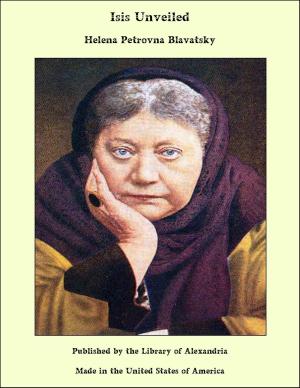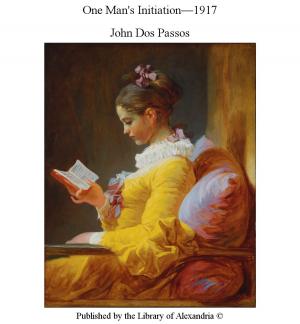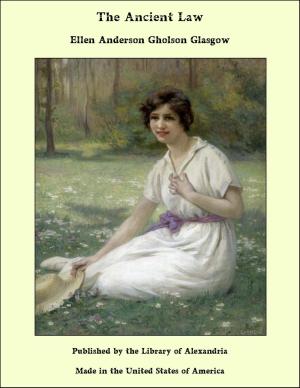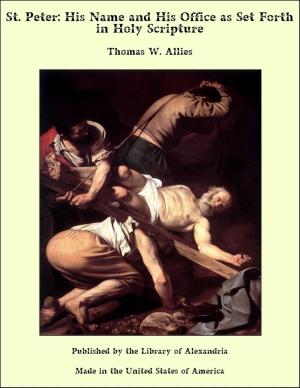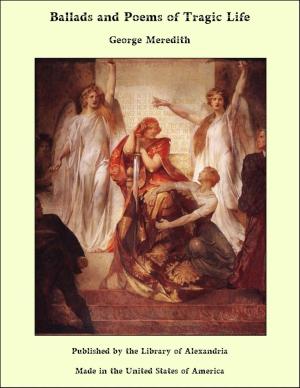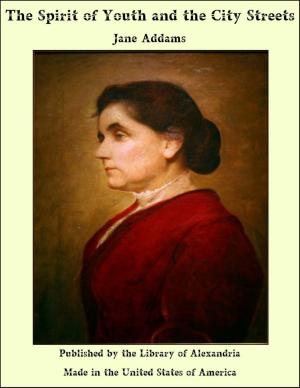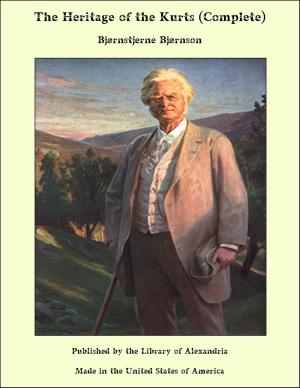St. Augustin: Homilies on the Gospel of John; Homilies on the First Epistle of John; Soliloquies
Nonfiction, Religion & Spirituality, New Age, History, Fiction & Literature| Author: | St. Augustine | ISBN: | 9781465541116 |
| Publisher: | Library of Alexandria | Publication: | March 8, 2015 |
| Imprint: | Language: | English |
| Author: | St. Augustine |
| ISBN: | 9781465541116 |
| Publisher: | Library of Alexandria |
| Publication: | March 8, 2015 |
| Imprint: | |
| Language: | English |
Augustin was an indefatigable preacher. He considered regular preaching an indispensable part of the duty of a bishop. To his homilies we owe most of his exegetical labors. The homilies were delivered extempore, taken down by scribes and slightly revised by Augustin. They retain their colloquial form, devotional tone, frequent repetitions, and want of literary finish. He would rather be deficient in rhetoric than not be understood by the people. He was cheered by the eager attention and acclamations of his hearers, but never fully satisfied with his performance. “My preaching,” he says, “almost always displeases me. I eagerly long for something better, of which I often have an inward enjoyment in my thoughts before I can put them into audible words. Then when I find that my power of expression is not equal to my inner apprehension, I am grieved at the inability of my tongue to answer to my heart” ( De Catech. Rudibus, ch. II. 3, in this Series, Vol. III. 284). His chief merit as an interpreter is his profound theological insight, which makes his exegetical works permanently useful. Comp. the introductory essay in the sixth volume. This volume contains: I. The Homilies or Tractates on the Gospel of John ( In Joannis Evangelium Tractatus CXXIV).1 Augustin delivered them to his flock at Hippo about A.D. 416 or later. The Latin text is in the third Tome of the Benedictine edition (in Migne’s reprint, Tom. III. Part II. fol. 13791976). The first English translation appeared in the Oxford “Library of Fathers of the Holy Catholic Church
Augustin was an indefatigable preacher. He considered regular preaching an indispensable part of the duty of a bishop. To his homilies we owe most of his exegetical labors. The homilies were delivered extempore, taken down by scribes and slightly revised by Augustin. They retain their colloquial form, devotional tone, frequent repetitions, and want of literary finish. He would rather be deficient in rhetoric than not be understood by the people. He was cheered by the eager attention and acclamations of his hearers, but never fully satisfied with his performance. “My preaching,” he says, “almost always displeases me. I eagerly long for something better, of which I often have an inward enjoyment in my thoughts before I can put them into audible words. Then when I find that my power of expression is not equal to my inner apprehension, I am grieved at the inability of my tongue to answer to my heart” ( De Catech. Rudibus, ch. II. 3, in this Series, Vol. III. 284). His chief merit as an interpreter is his profound theological insight, which makes his exegetical works permanently useful. Comp. the introductory essay in the sixth volume. This volume contains: I. The Homilies or Tractates on the Gospel of John ( In Joannis Evangelium Tractatus CXXIV).1 Augustin delivered them to his flock at Hippo about A.D. 416 or later. The Latin text is in the third Tome of the Benedictine edition (in Migne’s reprint, Tom. III. Part II. fol. 13791976). The first English translation appeared in the Oxford “Library of Fathers of the Holy Catholic Church


